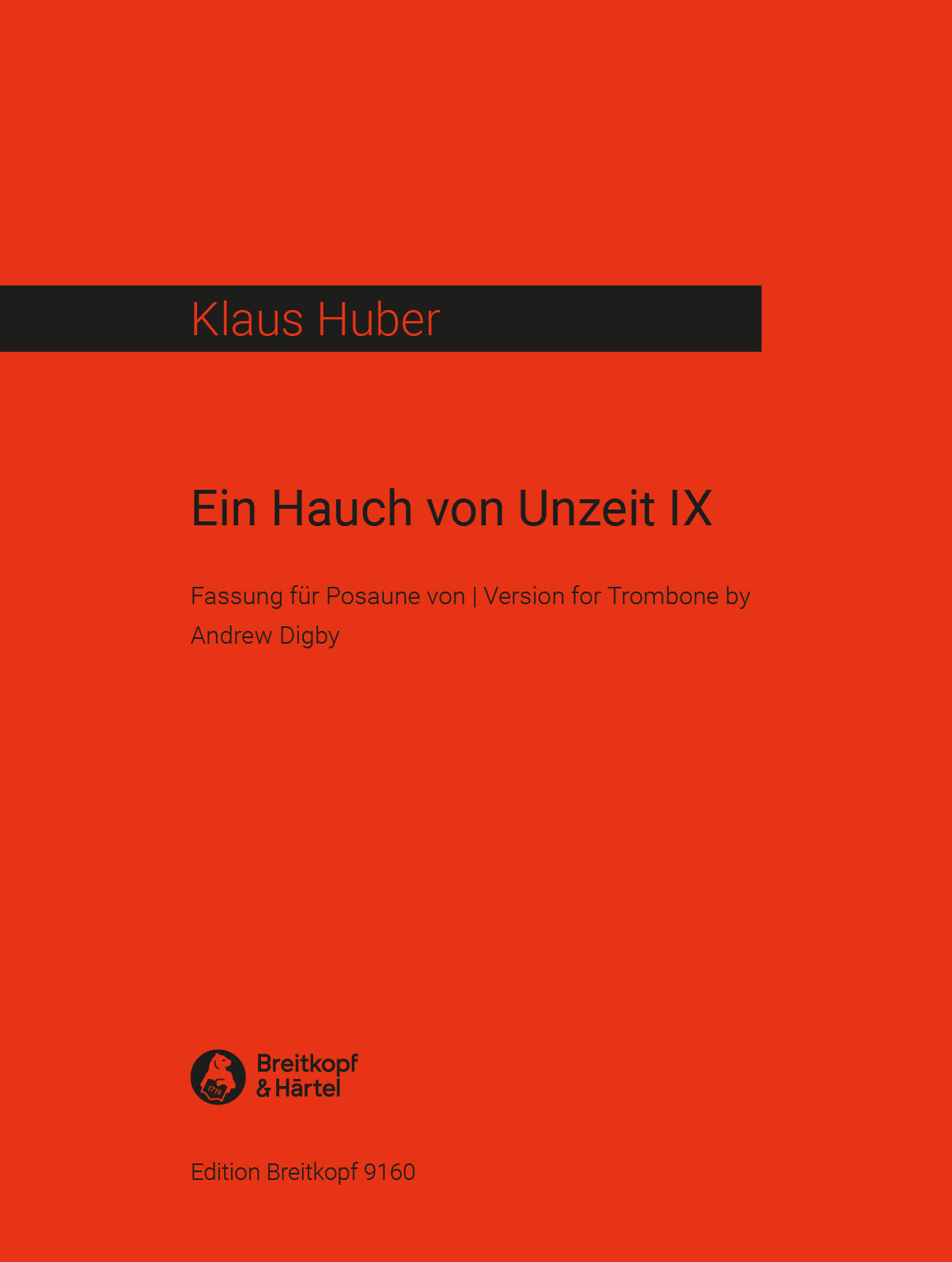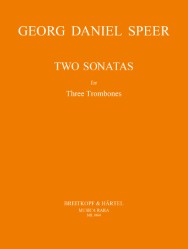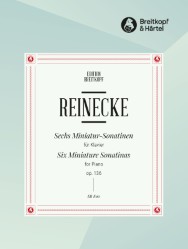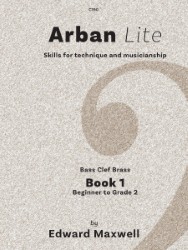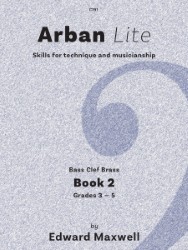This work (“A Breath of the Untimely”) was first written for solo Flute and dedicated to Aurèle Nicolet. Its bears the subtitle “Lament on the…
This work (“A Breath of the Untimely”) was first written for solo Flute and dedicated to Aurèle Nicolet. Its bears the subtitle “Lament on the Loss of Musical Thought – some Madrigals for Solo Flute or Flute with any other Instruments”. This serves as a playing instruction but doubles at the same time as an “outmoded” programme: it refers back to the musical origin of the opening lamenting motif, a tradition which was once of its time but is not of our time – namely the Lamento genre which gave the title to the Chaconne in Purcell’s opera “Dido and Aeneas.” Almost simultaneously I wrote a second version for Piano (“for Piano one-and-a-half hands”), which already formulates possible approaches for the performer, in some detail, to the indicated, quasi-canonic version of the piece in the “programme.” The multiple version “Ein Hauch von Unzeit III” realizes a concrete version of a formal state which floats between strict canon and aleatoric principles: each of the musicians who are spread throughout the hall introduces their own “idiomatic translation” of the flute part. And so the music exists, omnipresent, not only spatially throughout the hall, but also formally in a sort of “fluctuating simultaneity.” For that reason, it was my express wish to any potential interpreter that they should construct entirely their own version of the piece. A healthy number of musicians have responded to my suggestion – versions of the piece have now been made for guitar (Cornelius Schwehr, Gunther Schneider), accordion (Hugo Noth), double bass (Fernando Grillo), violin (Hansheinz Schneeberger), viola, violoncello, and double bass (trio basso, Köln), violoncello (Michael Bach), trombone (Andrew Digby) and, created by myself, a sung version for voice (to words by Georg Wilhelm Friedrich Hegel und Max Bense), and for viola.
The most important requirement for the whole piece is absolute stillness, which should as far as possible emanate from the performer. The pauses are occasionally in this respect the most important element. These may, if one can find the necessary stillness, become very long.
“Ein Hauch von Unzeit” (A Breath of the Untimely) – time almost dissolves!
(Klaus Huber, 1989/2014 – translation: David Alberman)
